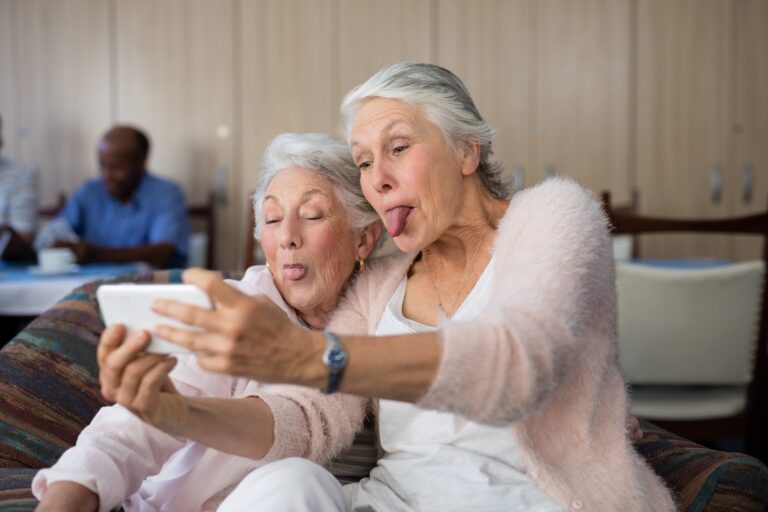Reiki is generally considered safe for people with Alzheimer’s disease, as it is a non-invasive, gentle energy healing technique that does not involve medication or physical manipulation. Reiki practitioners use light touch or place their hands just above the body to channel energy, aiming to promote relaxation, reduce stress, and support overall well-being. Because it is a complementary therapy rather than a medical treatment, Reiki does not interfere with conventional Alzheimer’s care or medications[1].
Alzheimer’s disease is a progressive neurological disorder characterized by memory loss, cognitive decline, and behavioral changes. Managing Alzheimer’s often involves medications, cognitive therapies, and supportive care. Complementary approaches like Reiki are sometimes used to help alleviate symptoms such as anxiety, agitation, and insomnia, which are common in Alzheimer’s patients. Research on Reiki’s effects specifically in Alzheimer’s is limited, but studies on relaxation therapies suggest that calming interventions can reduce anxiety and improve quality of life in dementia patients[2].
The safety of Reiki for Alzheimer’s patients is supported by its non-invasive nature and the absence of reported adverse effects. Since Reiki involves no drugs or physical strain, it poses minimal risk even for frail or elderly individuals. Caregivers and healthcare providers often find Reiki helpful as a supportive tool to enhance comfort and emotional well-being. However, Reiki should not replace standard medical treatments but rather be used as a complementary approach alongside conventional care[1].
Some caregivers and practitioners report that Reiki sessions can help reduce agitation and promote a sense of calm in people with Alzheimer’s. This may be due to the relaxation response triggered by Reiki, which can lower stress hormones and improve mood. Relaxation techniques in general have been shown to decrease anxiety, blood pressure, and insomnia, all of which can benefit Alzheimer’s patients who often experience these symptoms[2].
It is important for Reiki practitioners working with Alzheimer’s patients to be trained in understanding the unique needs and sensitivities of this population. Patients with cognitive impairment may have difficulty communicating or may be confused by unfamiliar settings, so sessions should be conducted in a calm, familiar environment with the presence of a trusted caregiver if possible. Practitioners should also be aware of any physical limitations or medical conditions to ensure comfort and safety during the session[1].
While Reiki is considered safe, it is essential that families and caregivers consult with healthcare professionals before starting any complementary therapy. This ensures that Reiki is integrated appropriately with the patient’s overall care plan and that any potential contraindications are addressed. Since Alzheimer’s disease varies widely in severity and symptoms, personalized care decisions are crucial[1].
In summary, Reiki is a safe complementary therapy for people with Alzheimer’s disease that may help reduce anxiety and promote relaxation without interfering with medical treatments. Its gentle, non-invasive nature makes it suitable for elderly and cognitively impaired individuals when administered by trained practitioners in a supportive environment. Although scientific evidence specific to Alzheimer’s is limited, the general benefits of relaxation therapies support Reiki’s use as part of holistic care[1][2].
Sources:
[1] Certificate in Integrative Behavioral Health | California State University (Ed2Go)
[2] The Center Charlottesville Newsletter, Sept-Oct 2025





